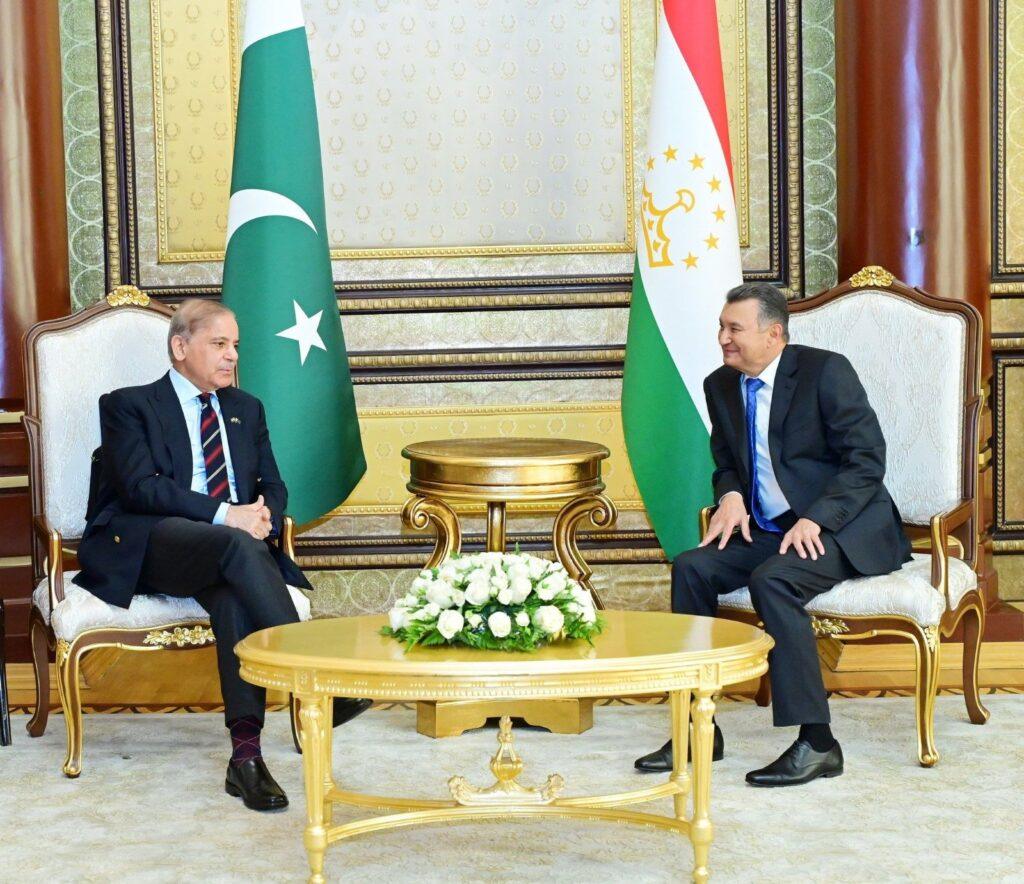Prime Minister Shehbaz Sharif has arrived in Tayikistan for an official two -day visit aimed at improving bilateral relations and addressing regional and environmental challenges. The visit, announced by the Prime Minister’s office, points out the renewed diplomatic scope of Islamabad in Central Asia.
Upon arriving at Dushanbe airport on Thursday, the prime minister was warmly received by his counterpart Tayika, Prime Minister Kokhir Rasulzoda, along with other high -ranking Tayikos officials, including the Vice Minister of Foreign Affairs, Sharifzoda Farrukh Homiddin.
وزیرِ اعظم محمد شہباز شریف {@Cmshehbaz} دو روزہ سرکاری دورے پر پر پر
دوشنبہ ائیرپورٹ پر omine disparate وزیراعظ lex#PMSHEHBAZINTAJIKISTAN 🇵🇰🇹🇯 pic.twitter.com/d6dbnMJNP1
– Pakistan government (@Govtofpakistan) May 29, 2025
The reception also included Tayikistan ambassador to Pakistan, Yusuf Sharifzoda and Pakistan ambassador to Tayikistan, Muhammad Saeed Sarwar. It is accompanied by the Minister of Information Attaullah Tarar and the special assistant of Prime Minister Syed Tariq Fatemi.
Central of the visit of Prime Minister Sharif High -level conversations are scheduled with the president of Tayik, Emomali Rahmon. Discussions are expected to cover a wide range of sectors, including trade, energy, regional connectivity and security cooperation.
It is also likely that the prime minister recognizes Tayikistan’s firm support for Pakistan in recent regional tensions, particularly in the context of current strains between Islamabad and New Delhi. It will also participate in a global conference on preservation of glaciers that will be organized in Dushanbe.
In his speech, he is expected to underline the catastrophic effects of climate change in Pakistan, particularly in the regions of Himalaya and Karakoram, and advocate for urgent international collaboration in the protection of the environment. It will reaffirm the “unwavering commitment” of Pakistan to preserve glaciers, a critical issue for future water safety and ecological stability.
This visit not only reflects Islamabad’s strategic approach in Central Asia, but also in its desire to play a main role in climatic diplomacy.




